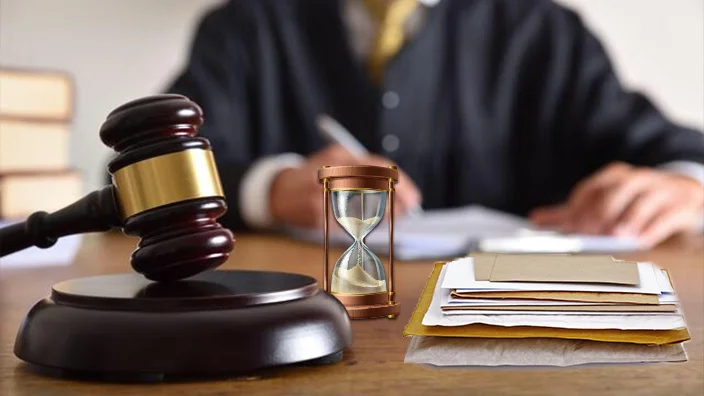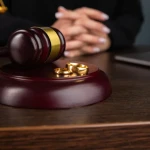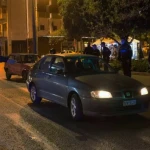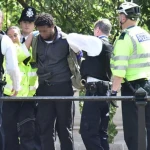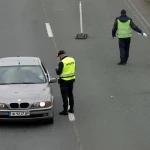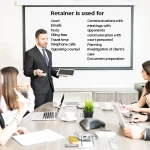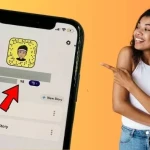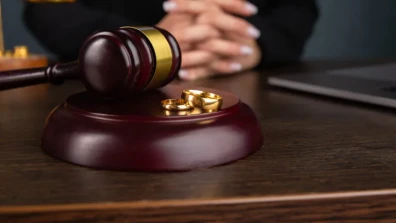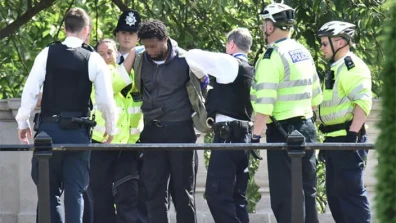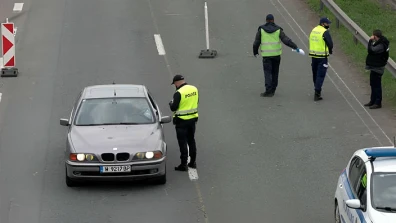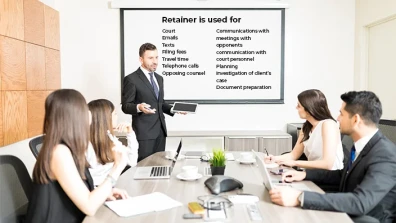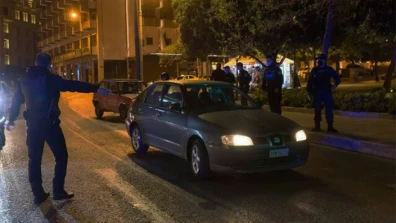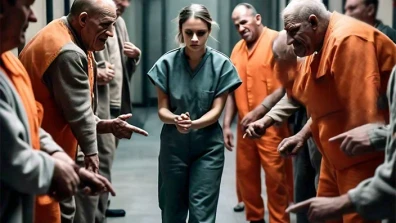Traffic court cases can drag on for months if properly contested but whether it applies to minor traffic violations is also a question that may arise in one’s mind.
Typically, resolving traffic citations through court appearances, negotiations, and paperwork involves a complicated sequence of events affecting the total time invested. Juggling work and contesting a ticket can make one wonder ‘How long does traffic court take’.
Straightforwardly pleading guilty may wrap up your case in an hour or two while contesting charges with aggressive defense can prolong it to months.
In this article, we’ll outline traffic court timeline stages, discuss variables that affect time spent, compare worst and best-case scenarios, and give an overview of the strategies to expedite traffic court.
Table of Contents
- How Traffic Court is Different from a Criminal Court?
- Typical Traffic Court Timeline Stages
- Variables Impacting Time Spent
- Best Case Vs Worst Case Scenarios
- How Do Traffic Trials Begin?
- The Government’s Evidence
- Making Objections In Traffic Court
- The Driver’s Chance to Present Evidence
- Strategies for Speeding Up Traffic Court
- Conclusion
- Frequently Asked Questions
How Traffic Court is Different from a Criminal Court?
Although minor traffic infractions are considered crimes in most states, they generally aren’t treated in criminal courtrooms.
Criminal courts are basically reserved for more serious felony offenses and misdemeanors that can lead to arrest or jail time.
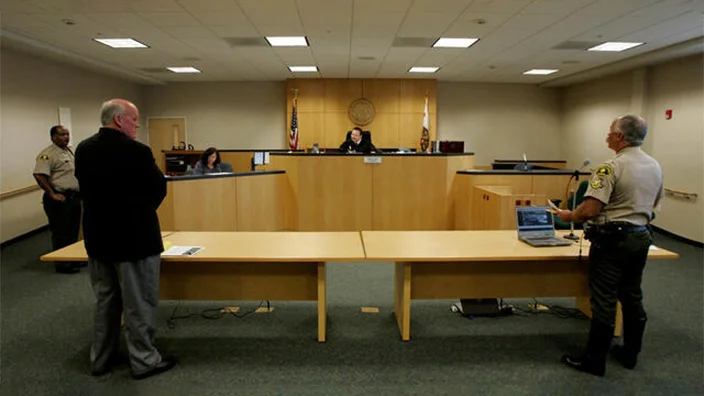 Only the most serious traffic-related offenses like reckless driving, driving under the influence (DUI), and vehicular homicide go to criminal court. Drivers who receive tickets for violation of less serious traffic laws will go to traffic court.
Only the most serious traffic-related offenses like reckless driving, driving under the influence (DUI), and vehicular homicide go to criminal court. Drivers who receive tickets for violation of less serious traffic laws will go to traffic court.
Traffic courts are a bit less formal than other courts. In traffic court, the right to a court-appointed attorney isn’t there. So, you’ll see lots of people representing themselves without legal counsel in traffic courts, unlike criminal courts.
Also, the stakes in traffic court rooms are lower than they exist in criminal courts—typically, the worst thing expected to happen in a traffic court is the driver’s being found guilty and subject to pay fine as criminal charges.
These factors, and perhaps others, contribute to a less rigid and less intimidating atmosphere than you might find in other types of courtrooms.
Complementary Study: How To Get A Debt Lawsuit Dismissed
Typical Traffic Court Timeline Stages
When it comes to traffic court timeline stages, traffic ticket court cases typically move through the following phases: -
Initial Arraignment: it’s the first court date where charges are read out, a plea is entered, and a trial date is fixed.
Pretrial Conferences: Additional brief hearings where pleas are negotiated, motions are filed, and continuances are handled.
Pretrial conferences usually happen in the weeks after an accused person’s arraignment. Both civil and criminal trials may start with a pretrial conference.
Trial Scheduling: Typically, traffic trials are set following an arraignment to allow preparation time. Scheduling can take minutes.
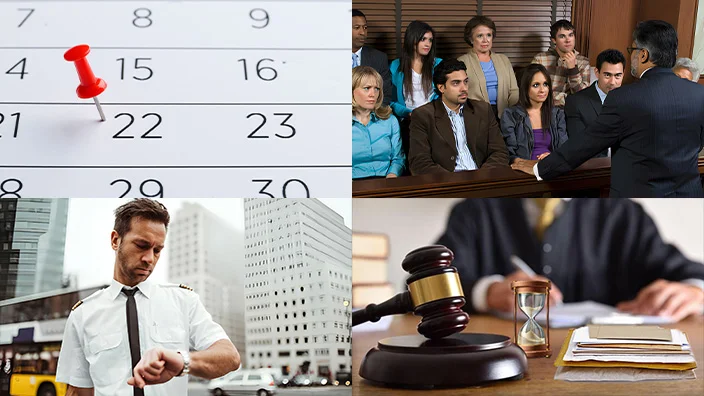 Adjudication or Settlement: On the set trial date, charges are either argued in trial or resolved through a plea deal. Each trial’s period is determined by how complicated the case is.
Adjudication or Settlement: On the set trial date, charges are either argued in trial or resolved through a plea deal. Each trial’s period is determined by how complicated the case is.
Most trials take 3 to 4 business days. During jury selection, the potential jurors will be notified by the judge of the trial’s projected duration.
While timelines differ by caseloads and jurisdiction, most traffic tickets go through arraignment, pretrial phases, trial scheduling, and finally adjudication of charges within 2 to 6 months.
Unchallenged tickets can be adjudicated instantly at the first appearance.
Variables Impacting Time Spent
While a standard timeline has common stages, some key variables significantly impact how slowly or quickly traffic ticket cases end.
Simple cases, that include just a single basic violation, can conclude far faster than complicated matters with multiple serious violations that need next court dates for motions and longer trials.
Choosing to contest charges and go to jail rather than pleading guilty prolongs the process through discovery, investigations, pretrial motions, and eventually a complete trial.
Heavy court caseloads also result in scheduling delays and long wait times amidst court appearances for all parties, further adding time to traffic case resolution.
Even on set court dates, seeing the judge can take hours after reaching and checking in at court.
Attorney involvement utilizes continuations, negotiations, and procedural tactics that extend the process but provide an opportunity to achieve better outcomes for clients.
Addressing mitigating circumstances and negotiating reduced charges also needs more court time versus immediately pleading as charged.
Considering these important factors clarifies why even minor traffic tickets may take months to completely resolve when navigating the nuances of the courthouse system.
Best Case Vs Worst Case Scenarios
To further explain the time range of traffic case scenarios, they can be categorized into expatiated vs lengthy cases: -
Best Case Scenario
As outlined before, the quickest way to resolve a traffic ticket is to guilty plea at the first arraignment hearing and immediately pay fines.
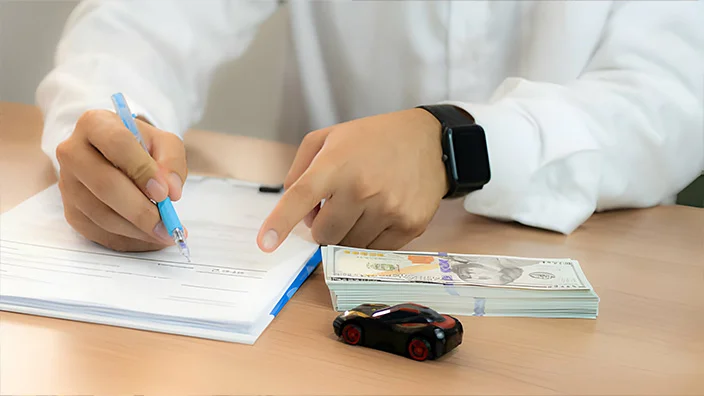 For minor violations such as rolling through a stop sign or getting a basic speeding ticket, pleading guilty immediately, and avoiding contests lawyers can typically end the case in under an hour.
For minor violations such as rolling through a stop sign or getting a basic speeding ticket, pleading guilty immediately, and avoiding contests lawyers can typically end the case in under an hour.
By pleading guilty at the initial appearance, the traffic citation is adjudged without the need for further court appearances, evidence arguments, or trials.
The fine amount is assessed simply as written on the ticket number, payment can be made on the spot, and the alleged violation is marked as resolved in the system.
After a brief wait for the hearing, the case will be called, you’ll plead guilty, the predetermined fine amount will be ordered, the payment will be tendered, and the matter will conclude in as little as half an hour on your first and only visit to traffic court.
Pleading guilty eliminates all the time-consuming stages of pretrial conferences, scheduling trial dates, negotiating pleas, filing motions, and contested trial components.
Worst Case Scenario
Traffic ticket cases, on the other hand, can drag on from 6 to 8 months if charges are contested through an aggressive trial process complicated by several delays and extensions. For example, a careless driving citation pleaded not guilty and disputed through citation.
The complex cases need careful arguments and scrutiny of the technical evidence such as accident reconstructions. Expert witnesses may be called, combining logical issues.
The defense lawyer files several pretrial motions contesting evidence validity and admission. Many rescheduling occurs as the availability of a lawyer shifts, or crucial witnesses/evidence becomes unavailable.
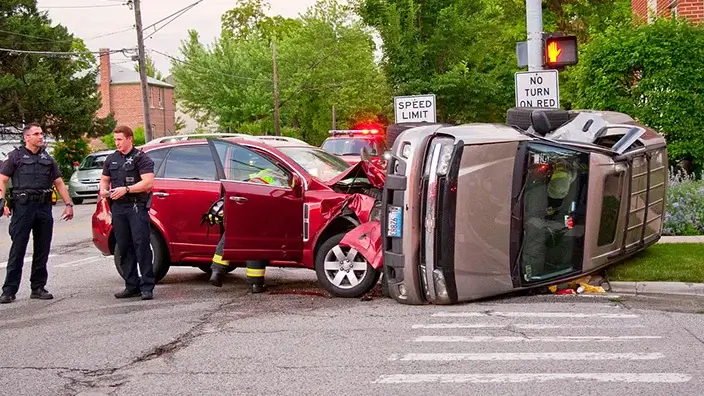 Each court hearing for conferences, trial proceedings, and motions involves a long wait of 2-3 hours before being called.
Each court hearing for conferences, trial proceedings, and motions involves a long wait of 2-3 hours before being called.
The trial alone gets to full court sessions as each piece of evidence and testimony gets thoroughly questioned.
Introduction of new evidence, last-minute surprise arguments, and sudden family emergencies for the parties involved cause further unexpected prolongations, dragging out the timeline.
After months of repeat court visits, rescheduling, extended waits, exhaustive evidence battles, trial testimonies, denied motions, and negotiations, the final judgment is given.
The numerous stages, complexities, lawyering, and delays can convert even modest traffic matters into half-year legal ordeals when contested vigorously.
How Do Traffic Trials Begin?
On a given day in a traffic courtroom, there’re commonly quite a few cases scheduled for a trial. Typically, a clerk calls each case, and the officer who issued the ticket and the driver comes up to the front.
If the driver is available but the officer isn’t, the driver essentially wins the case and the ticket is dismissed. But if both the parties are present, the trial will start.
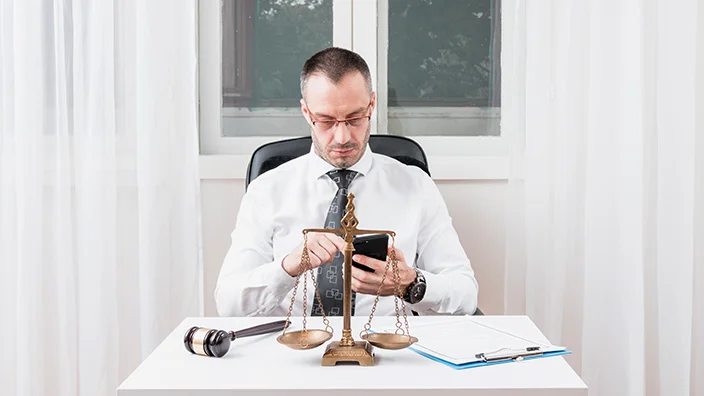 In most cases, the attorneys give opening statements in which they elaborate to the jury what they suppose the evidence will show.
In most cases, the attorneys give opening statements in which they elaborate to the jury what they suppose the evidence will show.
But the evidence presented at traffic trials is usually straightforward and traffic courts are quite busy normally.
So, traffic court judges typically don’t show interest in hearing opening statements. Instead, the government begins presenting its evidence after the traffic court clerk calls the case to the clerk’s office.
The Government’s Evidence
In most traffic cases, the government’s evidence comprises only the testimony of the officer who granted the ticket. In some states, a prosecuting attorney represents the state in traffic court trials.
But in many states, prosecutors aren’t there in traffic courts. So, depending on whether there’s a prosecuting attorney, the officer will either answer questions asked by the prosecutor or simply state the story and answer any questions posed by a judge.
When the officer is finished, the driver or their attorney has an opportunity to reexamine the officer and ask questions they might have.
Making Objections In Traffic Court
Despite the informalities of traffic court, the rules of evidence will still be applied. So, the driver or their attorney can make objections to any evidence presented by the government or to the officer’s testimony.
Officer Reading from Notes
Immediately after the issuance of the citation, some police officers will note down what happened, on a piece of paper or the back of their copy.
Officers make notes because they issue piles of tickets, and if one of these tickets ultimately turns out in trial, it may become hard to remember exactly what happened without having notes.
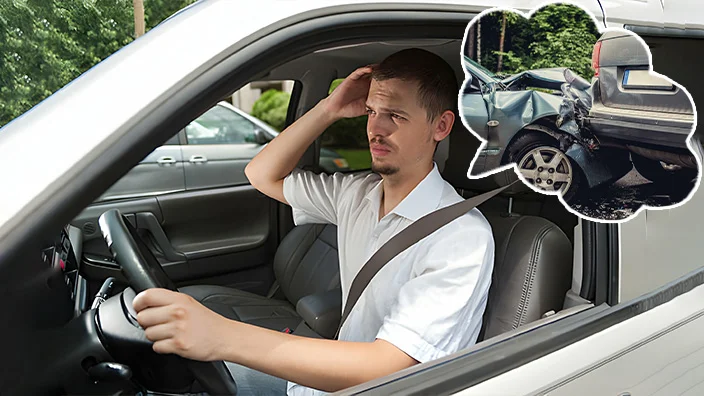 However, in most states, it’s improper for an officer to directly read from notes while testifying in court. Notes can be used by a witness to refresh their memory, but their testimony must be based on memory rather than directly reading from notes.
However, in most states, it’s improper for an officer to directly read from notes while testifying in court. Notes can be used by a witness to refresh their memory, but their testimony must be based on memory rather than directly reading from notes.
Lack of Foundation for Device Measurements
Most speeding violation tickets are issued based on an officer’s radar or LIDAR speed measurement. However a measurement is only as effective as a measuring device.
So, the speed measurement devices must operate properly. Otherwise, the speed measurement couldn’t be accurate.
So, the officer’s statement about clocking the driver at a certain speed can be objected to for lack of foundation unless they establish that the measuring instrument was properly calibrated.
Hearsay Objections
An officer reading from notes, as outlined above, is a specific example of a hearsay violation. However, hearsay is generally defined as an out-of-court statement accepted for the truth of that statement.
A common kind of hearsay is where a witness confirms in court what someone else wrote or said.
Sometimes, recognizing hearsay is a little tricky, but a witness can generally testify only to what they observed. If a witness’s testimony drifts from their observations, it’s likely hearsay and time for objecting.
Unfortunately, there’re several exceptions to the hearsay rule, which let certain types of hearsay be considered by a jury or judge.
The Driver’s Chance to Present Evidence
Once the government has displayed all its evidence, the driver has an opportunity to present evidence. The driver might choose to testify or present evidence like photos and the like.
Strategies for Speeding Up Traffic Court
Those seeking quicker resolution of traffic tickets can do any of the below mentioned acts: -
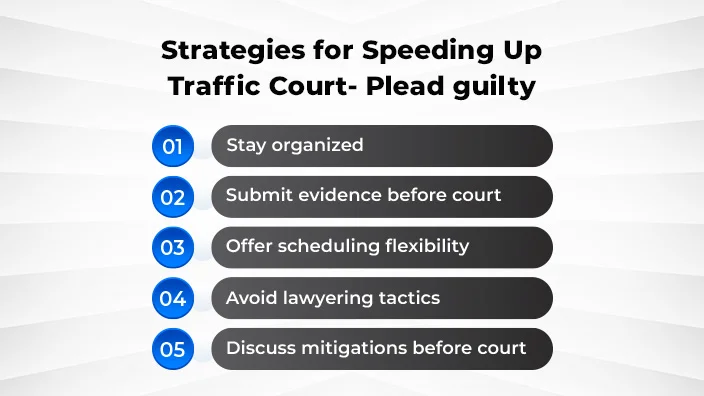
- Plead guilty: Pleading guilty right away at the arraignment hearing significantly rushes the hearing.
- Stay organized: Having paperwork, payments, and evidence ready avoids delays as compared to seeking continuations.
- Submit evidence before the court: Providing photos, documentation, calibration records, etc. ahead of time quickens proceedings.
- Offer scheduling flexibility: Being open to setting dates makes fitting court appearances into busy schedules easier.
- Avoid lawyering tactics: Lawyers utilize motions and arguments to slow down and strengthen cases on purpose, which takes more time.
- Discuss mitigations before the court: Completing negotiations with the prosecutor lessens court time haggling charges.
While the right to fight charges shouldn’t be surrendered, procedural effectiveness and cooperation to help all parties resolve traffic matters much quicker.
Conclusion
Summing up, resolving traffic citations can end in a matter of an hour or two if you straightforwardly plead guilty at the first arraignment hearing and immediately pay fines. How long does traffic court take?
How long traffic courts take involves some key variables that significantly impact how slowly or quickly traffic ticket cases end.
Simple cases, that include just a single basic violation, can conclude far faster than complicated matters with multiple serious violations that need more court dates for motions and longer trials.
But there’re a couple of things that can be considered to speed up the resolution of traffic tickets, such as pleading guilty, staying organized in terms of paperwork, evidence, and payments, avoiding lawyering tactics, and discussing mitigations before courts.
Frequently Asked Questions
How traffic court works in California?
In a traffic ticket trial in California, you and the officer who granted the ticket both have a chance to explain what happened. You can bring any evidence and witnesses to the trial.
What to expect in traffic court NY?
At trial in traffic court in NY, you and the prosecutor will present arguments and evidence to the judge who will decide whether you’re guilty or not and will get punishment accordingly.
Do cops show up to court for traffic tickets in California?
The officer doesn’t have to appear unless you enter a plea of not guilty and a trial is fixed. If the trial is set, the officer will be given notice to show up.
How does traffic court work in South Carolina?
At your traffic court hearing, you’ll have the opportunity to plead guilty or not. If you plead guilty, you’ll be expected to pay a fine. The judge will reduce the fine in certain cases.

